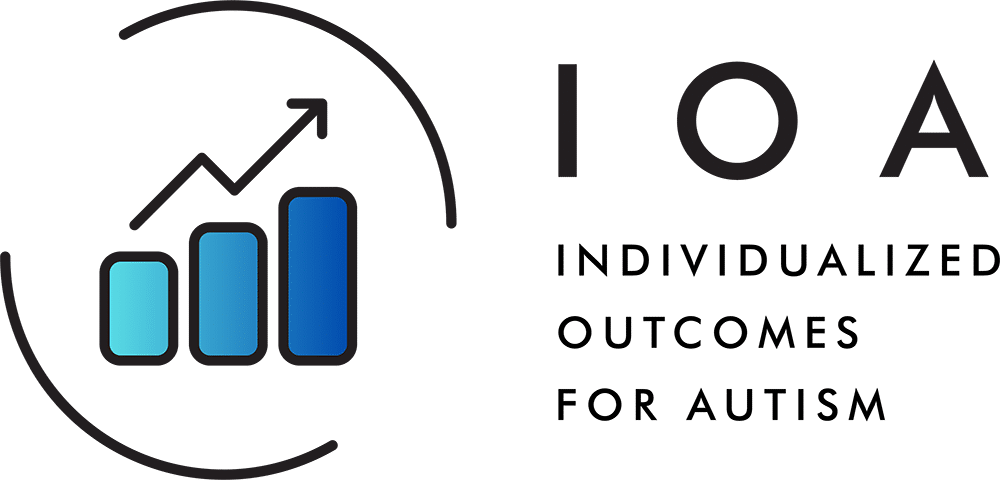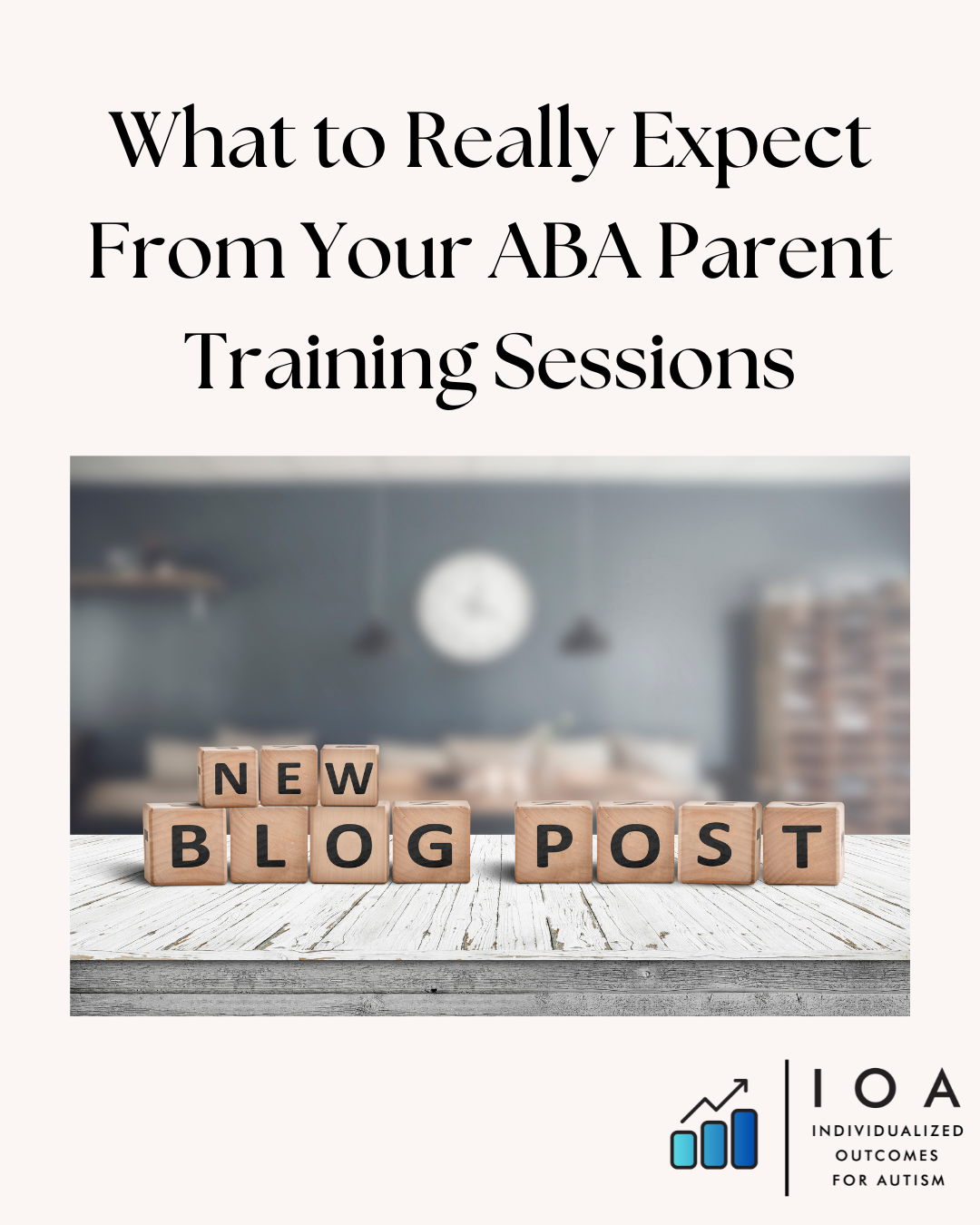Angela Khater, MA, BCBA, LBA
One of the most common questions I get from families starting ABA therapy is “What exactly happens in parent training?” As both a behavior analyst and an autism mom, I love this question because it shows parents are ready to dive in and be part of their child’s progress.
First, let me clear up a common worry, parent training isn’t about pointing out what you’re doing wrong. It’s about building on what you already know about your child and adding new tools to your parenting toolbox. Every family I work with already has valuable insights about their child, our job is to build on that foundation.
When you start parent training, we’ll spend time getting to know what’s really going on in your home. I always ask families about their typical day, what’s challenging right now, and what they hope to achieve. This isn’t just about filling out forms, it’s about figuring out what strategies will actually work for your family in real life.
In our training sessions, we do a lot of hands-on learning. Your BCBA will show you exactly how to use different techniques, and then you’ll get to practice them. I know from experience that role-playing with your BCBA might feel a bit uncomfortable at first (believe me, I felt the same way when I was learning!), but it really does help you feel more confident when you’re working with your child at home.
We’ll cover important ABA principles, but always in practical, real-world ways. For example, instead of just talking about “antecedent interventions,” we’ll discuss how to set up your morning routine to prevent meltdowns. Rather than just explaining “reinforcement schedules,” we’ll plan exactly how to motivate your child during homework time.
A big part of parent training is data collection. Don’t let that scare you! I’ll never forget the first time a BCBA asked me to take data. It was really intimidating. Don’t worry your BCBA will keep it simple and meaningful. You’ll learn to spot patterns in your child’s behavior and track progress in ways that make sense for your family. This isn’t about becoming a statistician. This is about learning to notice what’s working and what isn’t.
What surprises many parents is how individualized these sessions are. While there are core ABA principles we all need to learn, your training will focus on your child’s specific needs. Having trouble with transitions? We’ll work on that. Feeding challenges? We’ll develop strategies specifically for your situation.
You’ll also learn to “think like a behavior analyst”, but in a practical way. This means understanding why behaviors happen and how to address them effectively. I use these skills every day with my own child, and it makes such a difference in handling challenging situations.
Remember, progress isn’t always straightforward. Some weeks you’ll feel like a pro, and others you might feel stuck. That’s totally normal! Parent training sessions are a safe space to troubleshoot challenges and adjust strategies as needed.
Here’s something I wish someone had told me when I started. Keep a notebook of questions between sessions. Parent training isn’t just about learning new techniques, it’s your chance to get expert guidance on real situations you’re facing at home.
Most importantly, know that parent training is a journey, not a crash course. Take it one session at a time, and don’t feel pressured to master everything at once. The goal is progress, not perfection. With each session, you’ll build more confidence and skills to support your child’s development.
Remember, you’re not just learning these strategies for therapy time, you’re building skills that will help your family for years to come. And trust me, seeing your child progress because of techniques you’ve learned and implemented? That’s an amazing feeling that makes every parent training session worth it.

